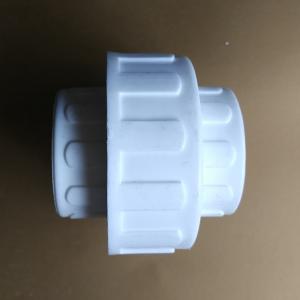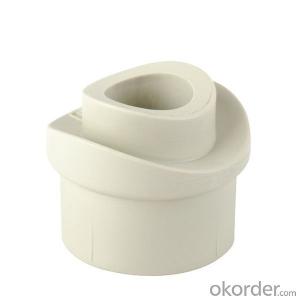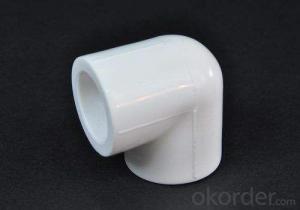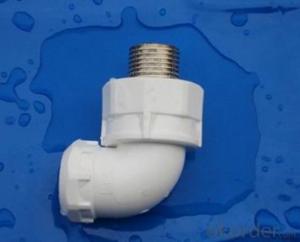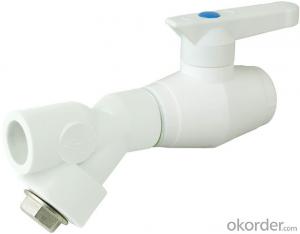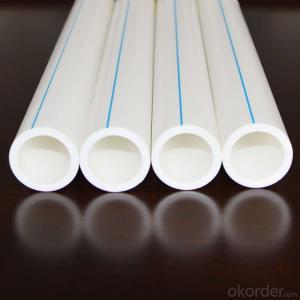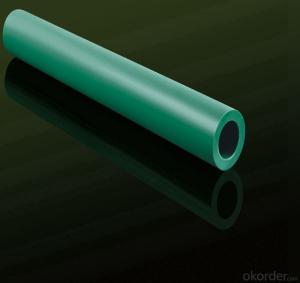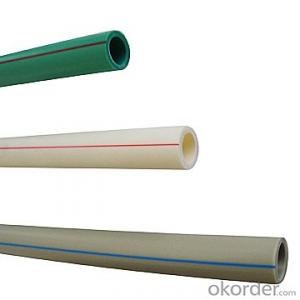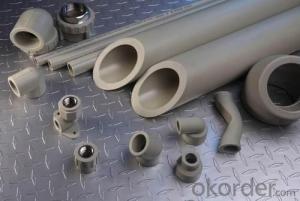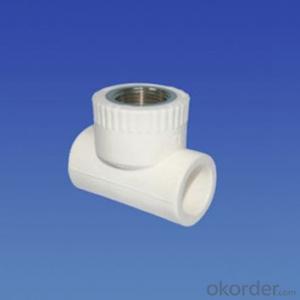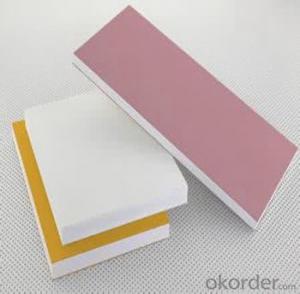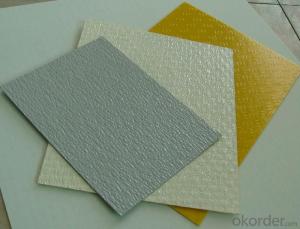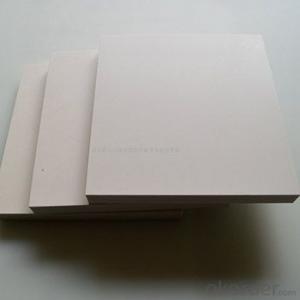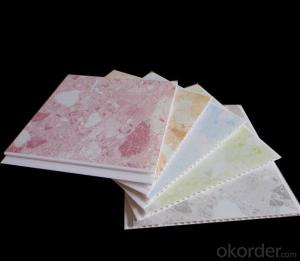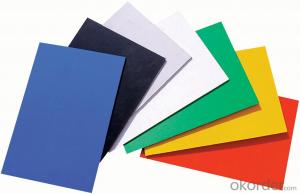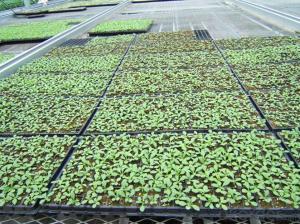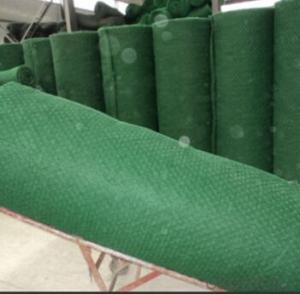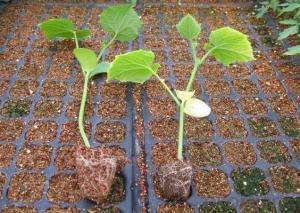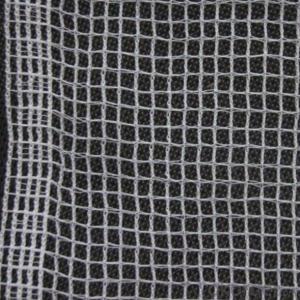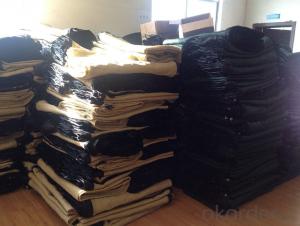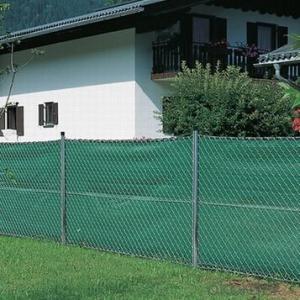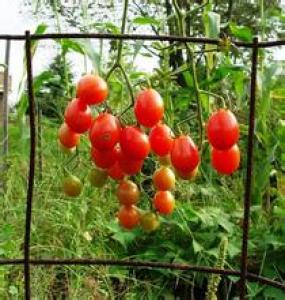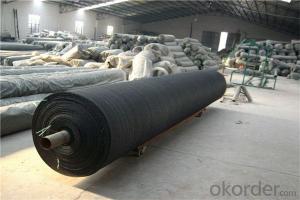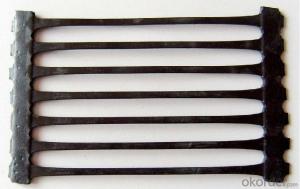All Categories
- - Steel Wire Rod
- - Steel Coils
- - Steel Profiles
- - Steel Pipes
- - Stainless Steel
- - Tinplate
- - Special Steel
- - Steel Sheets
- - Steel Rebars
- - Steel Strips
- - Hot Rolled Steel
- - Cold Rolled Steel
- - Pre-painted Steel
- - Seamless Steel Pipe
- - Welded Steel Pipe
- - Hollow Steel Tubes
- - Galvanized Pipe
- - Stainless Steel Coil
- - Stainless Steel Sheet
- - Stainless Steel Plate
- - Stainless Steel Strips
- - Electrolytic Tinplate Coil
- - Electrolytic Tinplate Sheet
- - Stainless Steel Rebars
- - Solar Panels
- - Solar Water Heater
- - Solar Related Products
- - Solar Inverter
- - Solar Cells
- - Solar Light
- - Solar Energy Systems
- - Solar Controllers
- - Solar Mounting System
- - Solar Pump
- - Solar Chargers
- - Fiberglass Chopped Strand
- - Fiberglass Mesh Cloth
- - Composite Pipes
- - FRP Pultrusion Profiles
- - Fiberglass Mat Tissue
- - Fiberglass Fabrics
- - Fiberglass Mesh
- - Composite Tank
- - Fiberglass Mesh tape
- - Polymer
- - FRP Roofing Panel
- - Fiberglass Roving
- - Monolithic Refractories
- - Ceramic Fiber Products
- - Refractory Bricks
- - Raw Materials For Refractory
- - Suspended Platform
- - Cranes
- - Concrete Machinery
- - Earthmoving Machinery
- - Building Hoist
- - Road Building Machinery
- - Plastic Pipe Fittings
- - Plastic Tubes
- - Plastic Sheets
- - Agricultural Plastic Products
- - Plastic Nets
 All Categories
All Categories
Plastic Pipe FittingsView More
Plastic TubesView More
Plastic SheetsView More
Agricultural Plastic ProductsView More
Plastic NetsView More
Q & A
Are plastic products resistant to chemical degradation?
Yes, plastic products are generally resistant to chemical degradation.
How do plastic products contribute to light pollution?
Plastic products indirectly contribute to light pollution through their production, use, and disposal. The manufacturing process requires significant energy, often derived from fossil fuels, which release pollutants into the atmosphere. Plastic products, such as outdoor lighting fixtures, signs, and packaging, contribute to artificial lighting that can be excessive and poorly directed. Additionally, plastic waste, including discarded packaging and broken light fixtures, can accumulate in landfills, further exacerbating the problem of light pollution.
How are plastic products used in the telecommunications industry?
Plastic products are widely used in the telecommunications industry for various purposes. They are used to manufacture the outer casings of smartphones, tablets, and other electronic devices, providing a lightweight and durable covering. Plastic is also used in the production of fiber optic cables, connectors, and insulation materials due to its excellent electrical and thermal properties. Moreover, plastic components are utilized in the manufacturing of antennas, circuit boards, and other telecommunications equipment, as they offer high flexibility, corrosion resistance, and cost-effectiveness. Overall, plastic products play a crucial role in enabling the functionality and reliability of telecommunications devices and infrastructure.
Are plastic products resistant to mold and mildew?
Plastic products are generally resistant to mold and mildew due to their non-porous nature, which makes it difficult for moisture to penetrate and create an environment conducive to mold growth. However, certain types of plastic, especially those with organic additives, may still be susceptible to mold and mildew if they are not properly cleaned and maintained.
How are plastic storage bins manufactured?
Plastic storage bins are manufactured through a process called injection molding. This involves melting plastic pellets and injecting the molten plastic into a mold cavity. The mold is then cooled, allowing the plastic to solidify and take the shape of the bin. Afterward, the bin is ejected from the mold, trimmed, and any additional features like handles or lids are added.
Wholesale Plastic Products from supplier in Turkmenistan
Whether you require plastic pipes, fittings, sheets, or other plastic products, we have a wide range of options to meet your specific needs. Our team of experts is dedicated to providing exceptional sales and technical support services, ensuring that you receive the best solutions for your projects.
As a subsidiary platform of CNBM, a Fortune Global 500 company, we have the resources and capabilities to provide comprehensive procurement solutions for plastic products in Turkmenistan. Our strong global network and partnerships enable us to source high-quality products at competitive prices, ensuring cost-effectiveness for your projects.
With our years of market experience in Turkmenistan, we have developed a deep understanding of the local industry and customer requirements. This enables us to offer valuable insights and recommendations for your projects, helping you make informed decisions and achieve successful outcomes.
We pride ourselves on delivering excellent customer service and building long-term relationships with our clients. Our dedicated team is responsive, reliable, and committed to meeting your needs. Whether you require product information, quotations, or technical assistance, we are here to support you every step of the way.
Contact us today to discuss your plastic product requirements in Turkmenistan, and let us provide you with comprehensive solutions tailored to your specific needs.
As a subsidiary platform of CNBM, a Fortune Global 500 company, we have the resources and capabilities to provide comprehensive procurement solutions for plastic products in Turkmenistan. Our strong global network and partnerships enable us to source high-quality products at competitive prices, ensuring cost-effectiveness for your projects.
With our years of market experience in Turkmenistan, we have developed a deep understanding of the local industry and customer requirements. This enables us to offer valuable insights and recommendations for your projects, helping you make informed decisions and achieve successful outcomes.
We pride ourselves on delivering excellent customer service and building long-term relationships with our clients. Our dedicated team is responsive, reliable, and committed to meeting your needs. Whether you require product information, quotations, or technical assistance, we are here to support you every step of the way.
Contact us today to discuss your plastic product requirements in Turkmenistan, and let us provide you with comprehensive solutions tailored to your specific needs.
